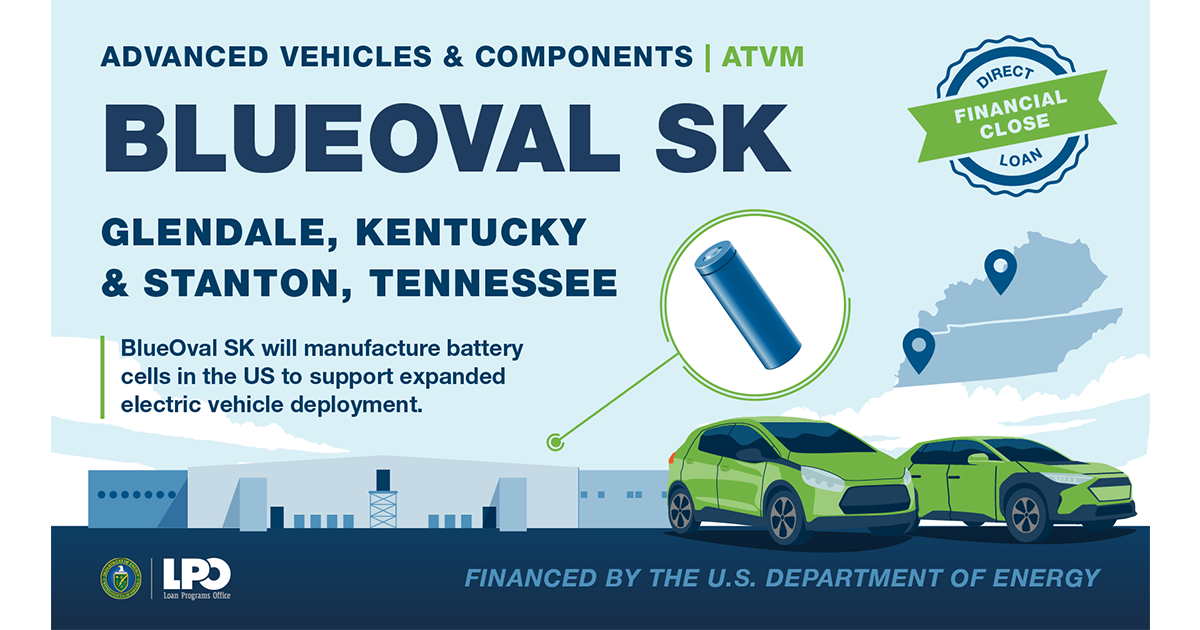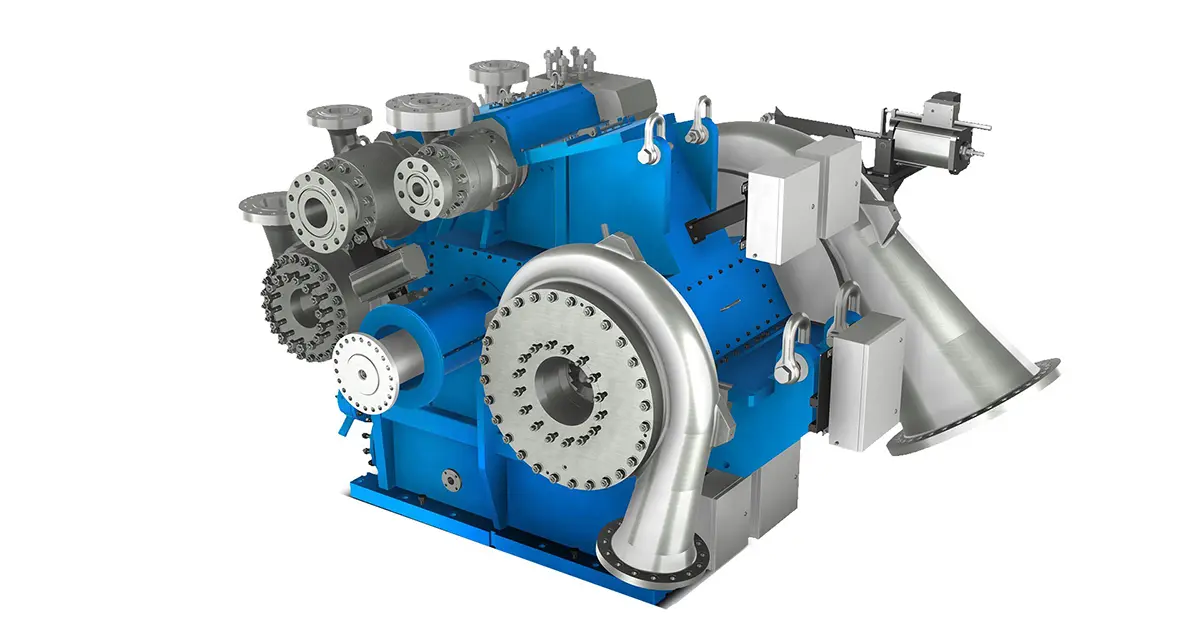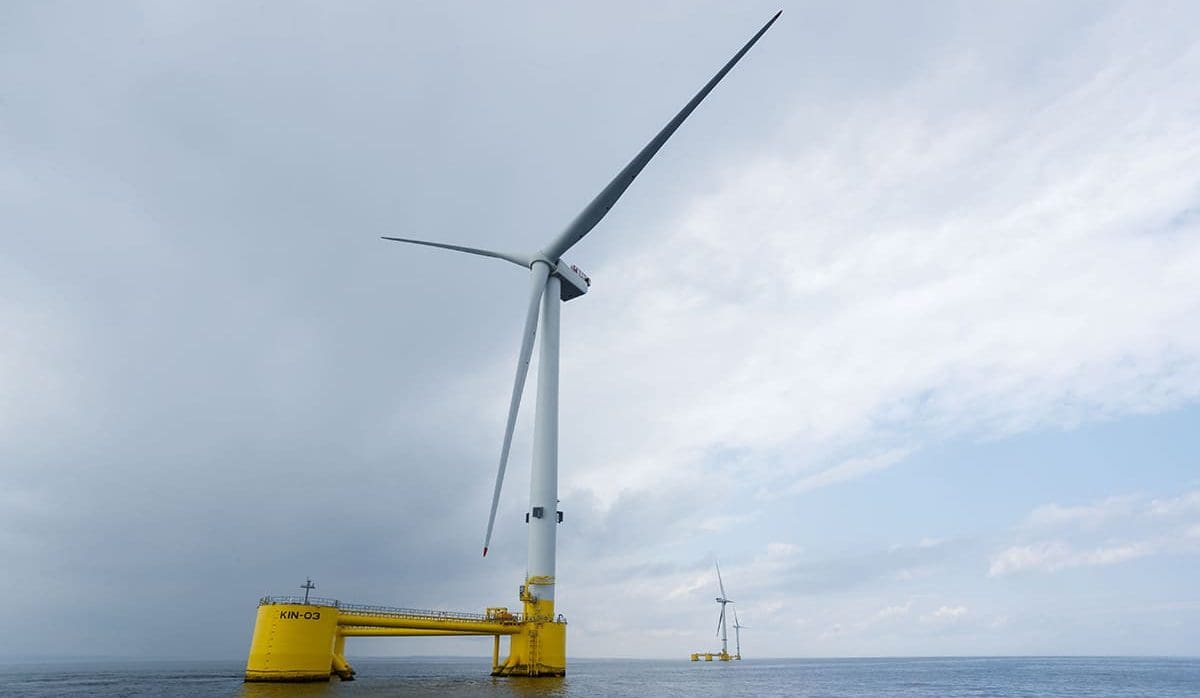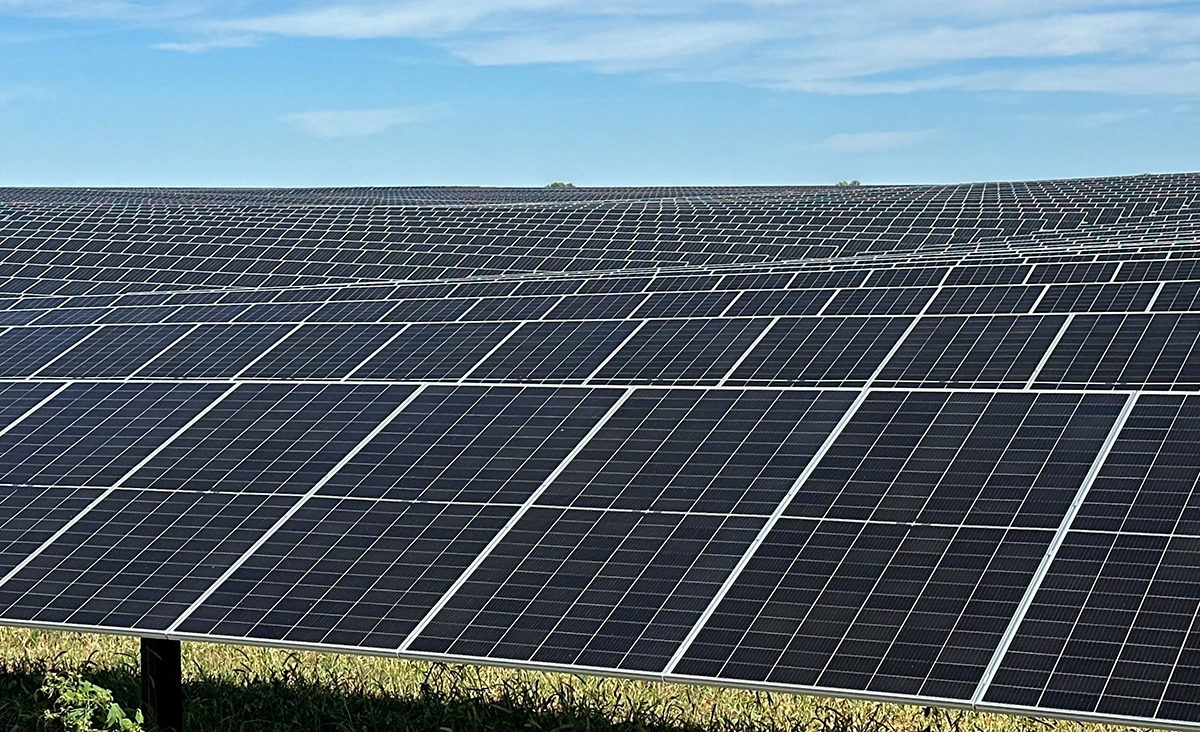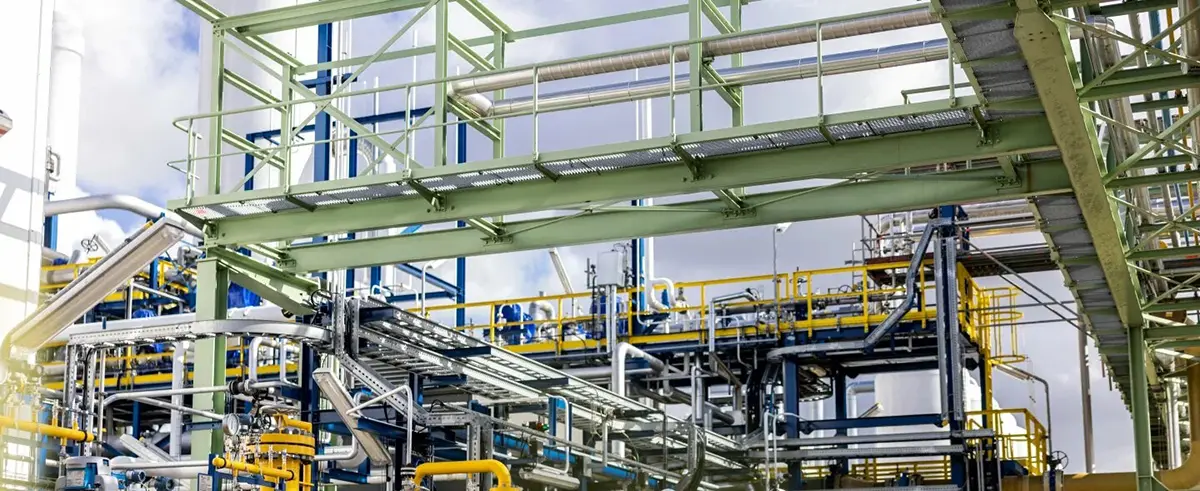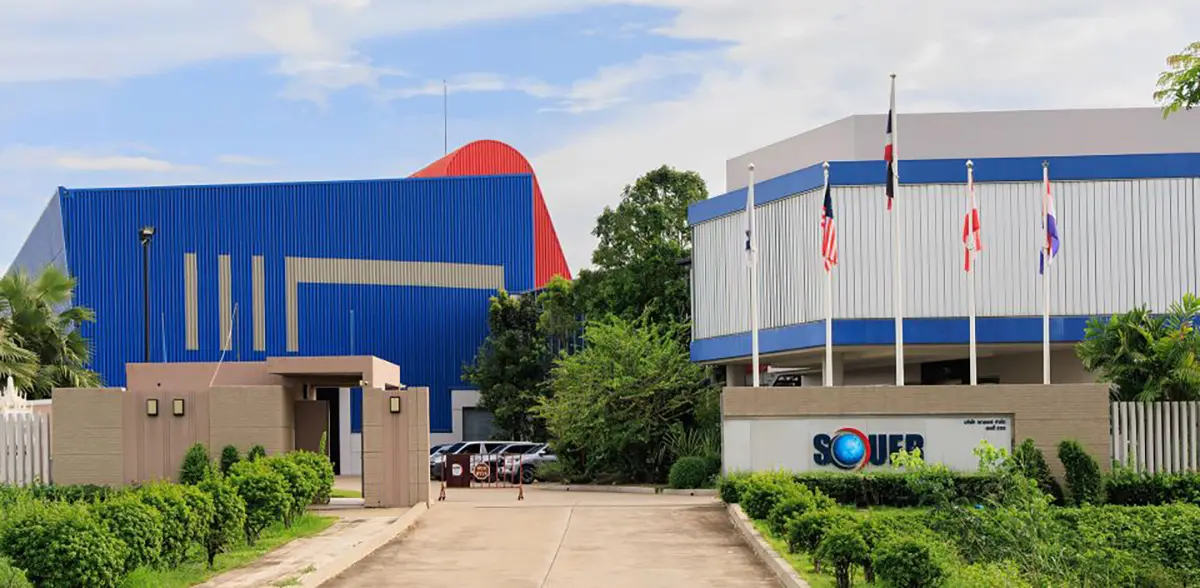
Maersk And CMA CGM Team Up To Decarbonize The Shipping Industry
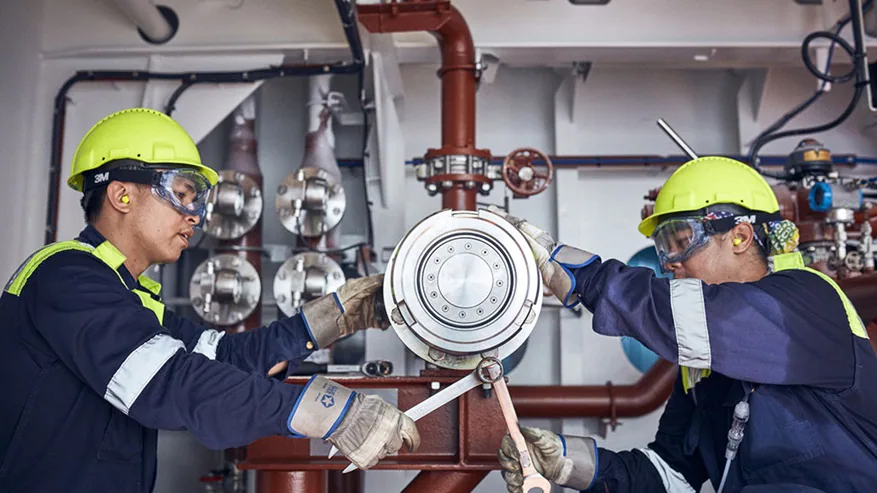
A.P. Moller Maersk A/S (Maersk) and CMA CGM have decided to join forces on several areas relating to decarbonization, in full compliance with all laws and regulations. Both shipping titans are convinced that joint action will help accelerate the green transition in shipping, learning from each other to go further and faster. “This partnership is a milestone for the decarbonization of our industry. By combining the know-how and the expertise of two shipping leaders, we will accelerate the development of new solutions and technologies, enabling our industry to reach its carbon dioxide reduction targets. We are looking forward to being joined by other companies,” said Rodolphe Saadé, chair and chief executive officer (CEO) of the CMA CGM Group.
CMA CGM and Maersk have set a net-zero target for their shipping business, have identified scalable solutions that can create impact in this decade, and have already individually taken paths on promoting decarbonization for shipping. For example, Maersk has been ordering vessels that can be operated on bio/e-methanol. Meanwhile, CMA CGM has been ordering liquefied natural gas (LNG)-propelled vessels, that can also be operated on bio/e-methane, the new green equivalent of current LNG, and has also placed orders for vessels that can be operated on bio/e-methanol. “A.P. Moller – Maersk wants to accelerate the green transition in shipping and logistics and to do so, we need strong involvement from partners across the industry. We are pleased to have an ally in CMA CGM and it’s a testament that when we united through determined efforts and partnerships, a tangible and optimistic path toward a sustainable future emerged,” said Vincent Clerc, CEO at A.P. Moller – Maersk.
While these two fuel streams appear now as the most mature among existing solutions, both companies expect the future fuel mix of shipping will include other streams that should be developed in the coming years.
Specifically, both shipping lines will work more together to develop the use of alternative greener fuels for container vessel propulsion, namely:
- Developing high standards for alternative sustainable, green fuels — including the analysis of full lifecycle and related greenhouse gases — and helping to set the framework of mass production of green methane and green methanol.
- Developing and maintaining standards for operation of green methanol vessels with regards to safety and bunkering, as well as accelerating port readiness for bunkering and supply of bio/e-methanol at key ports around the world.
- Continuing to explore joint research and development on other components of the net-zero solution as new alternative fuels, like ammonia, or technology for ships.
Moreover, Maersk and CMA-CGM both agree to the fundamental role of regulation in securing the decarbonization of the sector. Both companies warmly welcome the outcome of the recent Marine Environment Protection Committee of the International Maritime Organization during which the International Maritime Organization’s (IMO’s) 2023 strategy for reducing GHG emissions from ships was adopted, with reinforced targets to tackle harmful emissions.
Maersk and CMA CGM remain committed to jointly advocating for and encouraging IMO Member States to adopt ambitious measures in their pursuit of the highest attainable goals. Regional measures such as the EU Fit for 55 and the Inflation Reduction Act in the United States are welcomed by both companies to help stimulate demand for green shipping solutions.
CMA CGM and Maersk affirm their readiness to collaboratively engage with regulatory stakeholders in establishing a sustainable international regulatory greenhouse gas framework and invite other international shipping lines that wish to join them in this cooperation with regulatory institutions. Such a framework is in both companies’ perspective a prerequisite to reducing carbon emissions for the shipping industry and securing a level-playing field for a global business environment.

